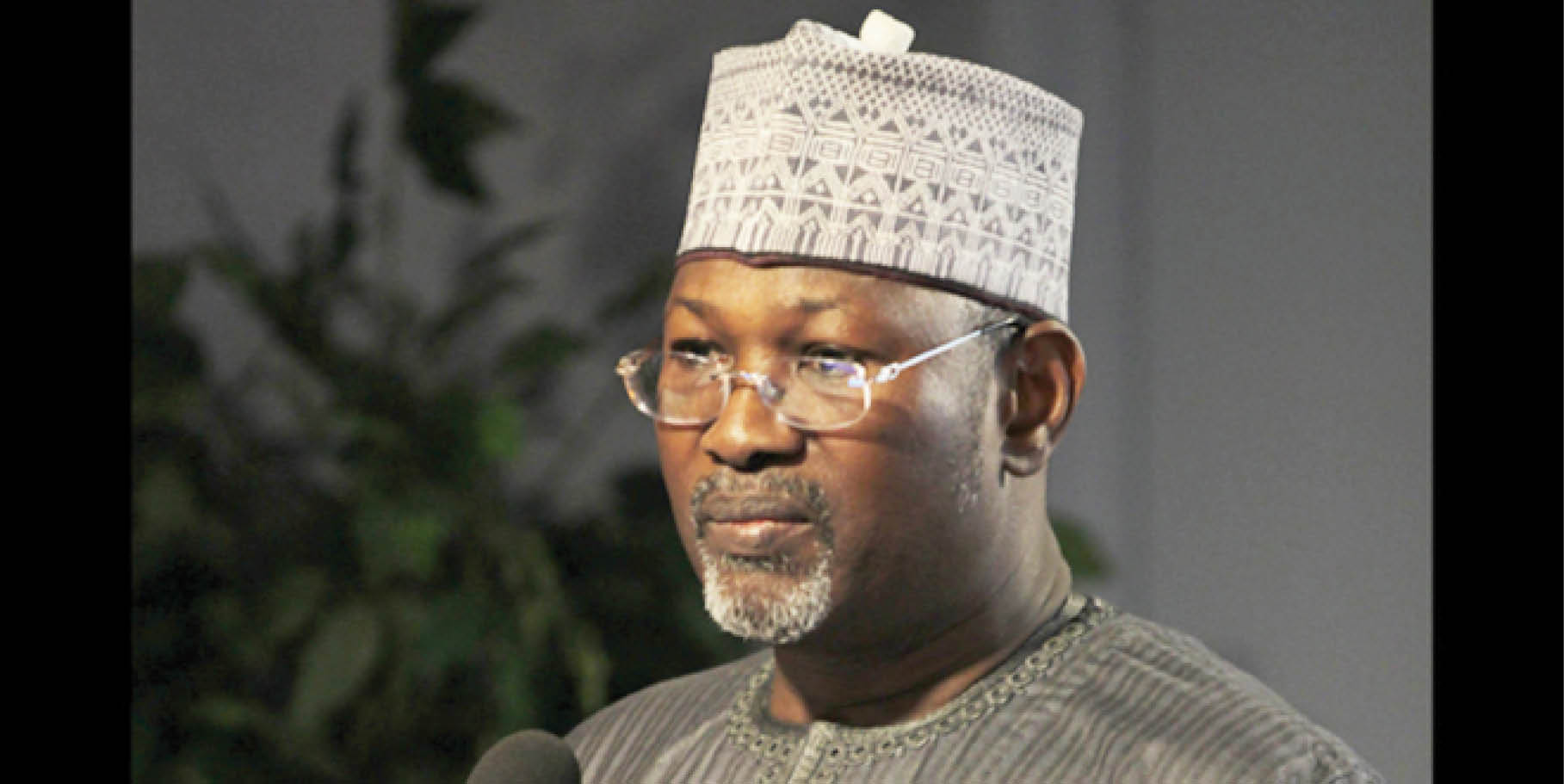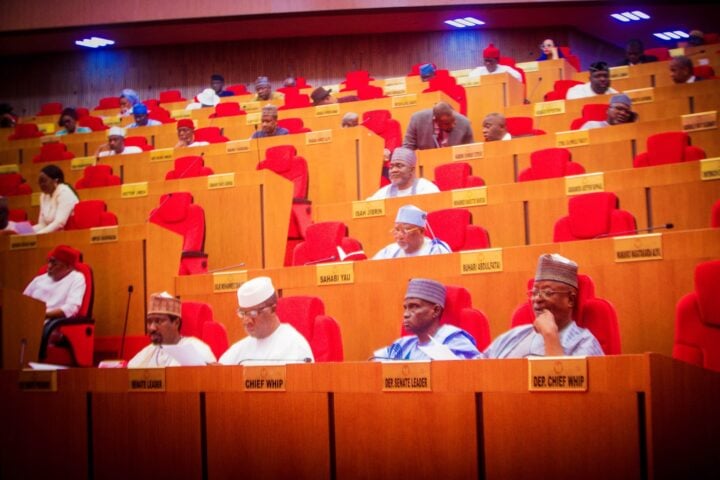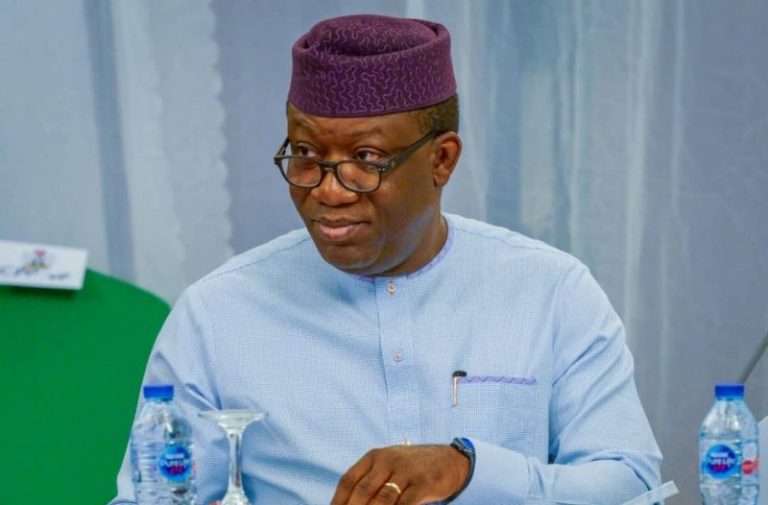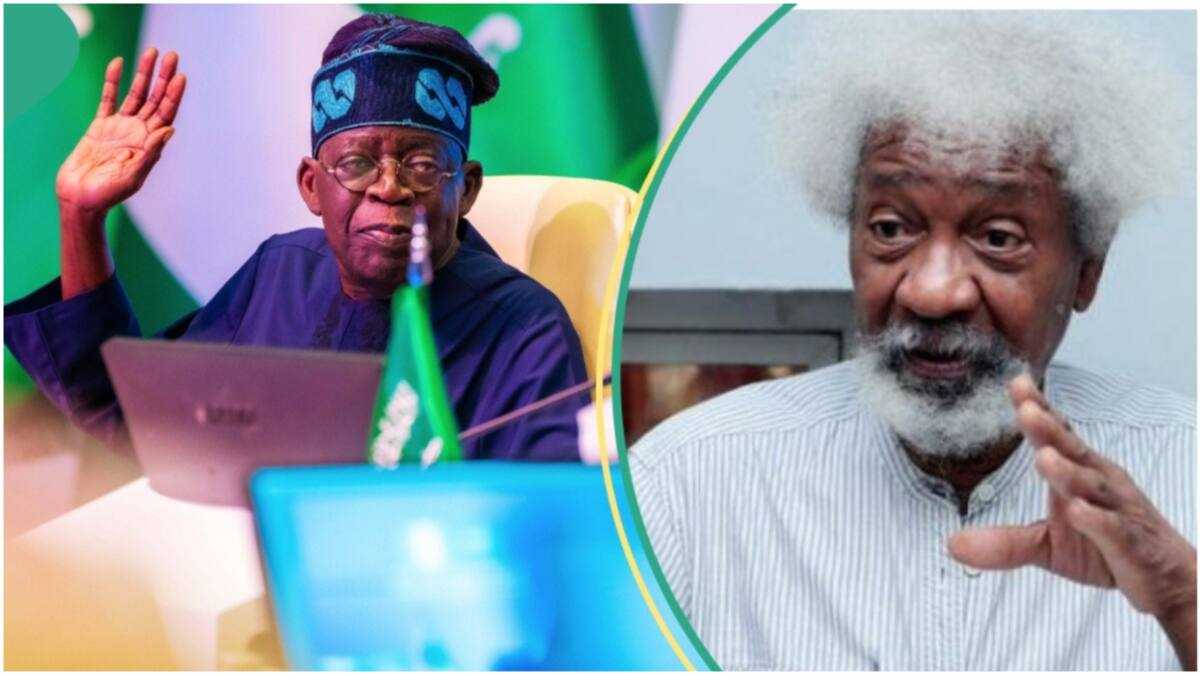June 12: Soludo, Fashola, Jega advocate electoral reforms, national rebirth
Governor of Anambra State, Chukwuma Soludo; former governor of Lagos State, Babatunde Fashola and former Chairman of the Independent National Electoral Commission (INEC), Attahiru Jega, have stressed the importance of upholding the rule of law, electoral reforms and a national rebirth to achieve the core tenets of democracy.
The trio disclosed this yesterday at the June 12 edition of The Platform, organised by the Covenant Nation in Lagos, where they appeared as guest speakers.
Specifically, Fashola re-echoed the importance of the rule of law in Nigeria’s democracy, saying that the late Moshood Abiola would have been declared the winner of the annulled June 12, 1993, presidential election, if the country’s electoral processes were credible.
“If the rule of law had prevailed, there would have been no crisis on June 12. MKO (Abiola) would have been President, and perhaps all of his promises about a farewell to poverty would have happened,” he said.
According to him, the rule of law was important to the advancement of any society.
Abiola, the candidate of the Social Democratic Party (SDP) in that election, was believed to have won the polls, described as Nigeria’s most credible. However, that exercise was annulled by the military junta led by Gen Ibrahim Babangida (now retired).
Years later, Babangida, during a book launch in his honour, admitted that Abiola won the election.
On his part, Jega called for the electronic transmission of results as part of reforms to strengthenå the country’s democratic institutions. “There is a need for an increase in the use of technology for elections for transparency and accountability. It is very important that there is a transparent process of civil engagement in testing this equipment before they are deployed,” he said.
He also stressed the need to clear any ambiguity about the electronic transmission of results in the Electoral Act.
Defending the inclusion of academics in the conduct of Nigeria’s election, Jega said professors had constantly rejected bribes offered to them by politicians and brought unmatched integrity into the nation’s electoral processes.
That one or two professors have been prosecuted for electoral malfeasance, he added, should not rubbish the hard work and integrity that academics brought into Nigeria’s electoral processes.
Soludo warned that the country’s democracy is adrift without ideological anchors. He called for a national rebirth, warning that without a shift in values, no amount of policy reform would save Nigeria.
“You can’t have transformational leadership in a society that celebrates unearned wealth,” he said, condemning the “free money” culture that fuels corruption, criminality and public cynicism.
According to him, the real problem isn’t just bad leadership, but a broken value system.
He described Nigeria’s political space as one where parties switch ideologies like clothes, and real opposition is non-existent.
Soludo called for a bold reset ahead of the 2027 elections through the formation of a new ideologically driven alliance.
Using APGA’s governance in Anambra as a case study, Soludo laid out what he called “pragmatic progressivism,” anchored on security, infrastructure, education, social inclusion, and environmental sustainability.
“For us, Chapter Two of the Constitution is the Bible and Quran of public policy,” he declared.













